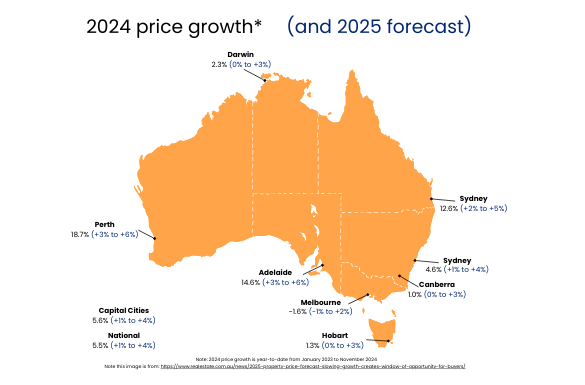It verifies the total development costs, encompassing both the expenses already incurred and those required to complete the project.
By providing a comprehensive financial breakdown, the Quantity Surveyor (QS) report assures lenders that the loan amount will sufficiently cover the construction process. Additionally, it confirms the feasibility of the project, ensures the loan term aligns with construction timelines, and helps lenders budget for capitalised interest during the build.
In essence, the Quantity Surveyor (QS) report provides lenders with confidence that the project is financially sound and their investment is secure.
Key Components of a Quantity Surveyor (QS) Report
1. Certification of Development Costs
The QS report validates the total project costs, including:
- Expenses Incurred to Date: Verifying funds already spent (often from the developer’s equity) gives lenders insight into the project’s progress.
- Remaining Costs: Ensuring the loan amount will cover all outstanding expenses mitigates the risk of delays or project disruptions.
- Sufficient Loan Coverage: The report ensures the loan is adequate to fund all stages of construction through to completion.
2. Alignment with Loan Term
The QS report evaluates whether the loan term is long enough to accommodate the construction period. Insufficient loan terms can lead to financial challenges if the project extends beyond the approved timeline.
3. Capitalised Interest
It also assesses whether the lender has allocated enough capitalised interest to cover payments during construction. This step ensures the project can maintain financial obligations without undue stress.
How the QS Report Aligns with Feasibility and Valuation Assessments
For final loan approval, the QS report must align with other financial assessments, such as feasibility studies and construction valuations, ensuring there are no discrepancies:
- Feasibility Study: The QS report’s certified costs must match the financial assumptions from the feasibility study to avoid underfunding or delays.
- Construction Loan Valuation: The cost breakdown in the QS report must correspond with the lender’s valuation to reflect the project’s true financial status.
- Facility Limit and Funding Structure: The QS report ensures the loan facility is appropriate for the project’s financial needs.
Typical Inclusions in a QS Report
A QS report typically covers:
- Project Overview: A summary of the development and delivery method.
- Site Conditions: An inspection of any conditions impacting costs.
- Development and Building Approvals: Confirmation of necessary permits and compliance with regulations.
- Survey Certification: Verification that construction aligns with approved plans.
- Cost Estimates: A detailed breakdown of total costs, often including a contingency for unexpected expenses.
- Timeline and Cash Flow: An assessment of the construction period and proposed drawdowns.
Preparing for the QS Report Process
For Developers:
- Organise Financial Records: Ensure all incurred and projected costs are clearly documented.
- Engage Early: Collaborate with your QS, builders, and contractors from the outset.
- Set a Realistic Budget: Include contingencies to prevent underestimating costs.
- Maintain Open Communication: Regular updates among stakeholders can resolve potential discrepancies.
For Builders:
- Demonstrate Experience: Showcase a proven track record of delivering projects on time and within budget.
- Provide Detailed Plans: Share timelines, milestones, and cost breakdowns to build confidence.
- Manage Costs Effectively: Accurately track all expenditures to reflect financial control.
Why the QS Report is Essential for Construction Loan Approval
The QS report plays a vital role in securing construction loan approval. By certifying total development costs and assessing the sufficiency of the loan term and interest capitalisation, it ensures projects remain financially viable.
Alignment between the QS report, feasibility study, loan valuation, and lender’s facility structure is critical for maintaining financial stability throughout the project. Thorough preparation and effective collaboration can help developers and builders achieve successful outcomes.
Ready to Secure Financing for Your Next Development?
Contact Broker.com.au today to navigate the complexities of construction loans. To schedule a strategy call, email us on [email protected] .
To learn more about construction loans and other financial solutions, visit our comprehensive Resources & Learning page






